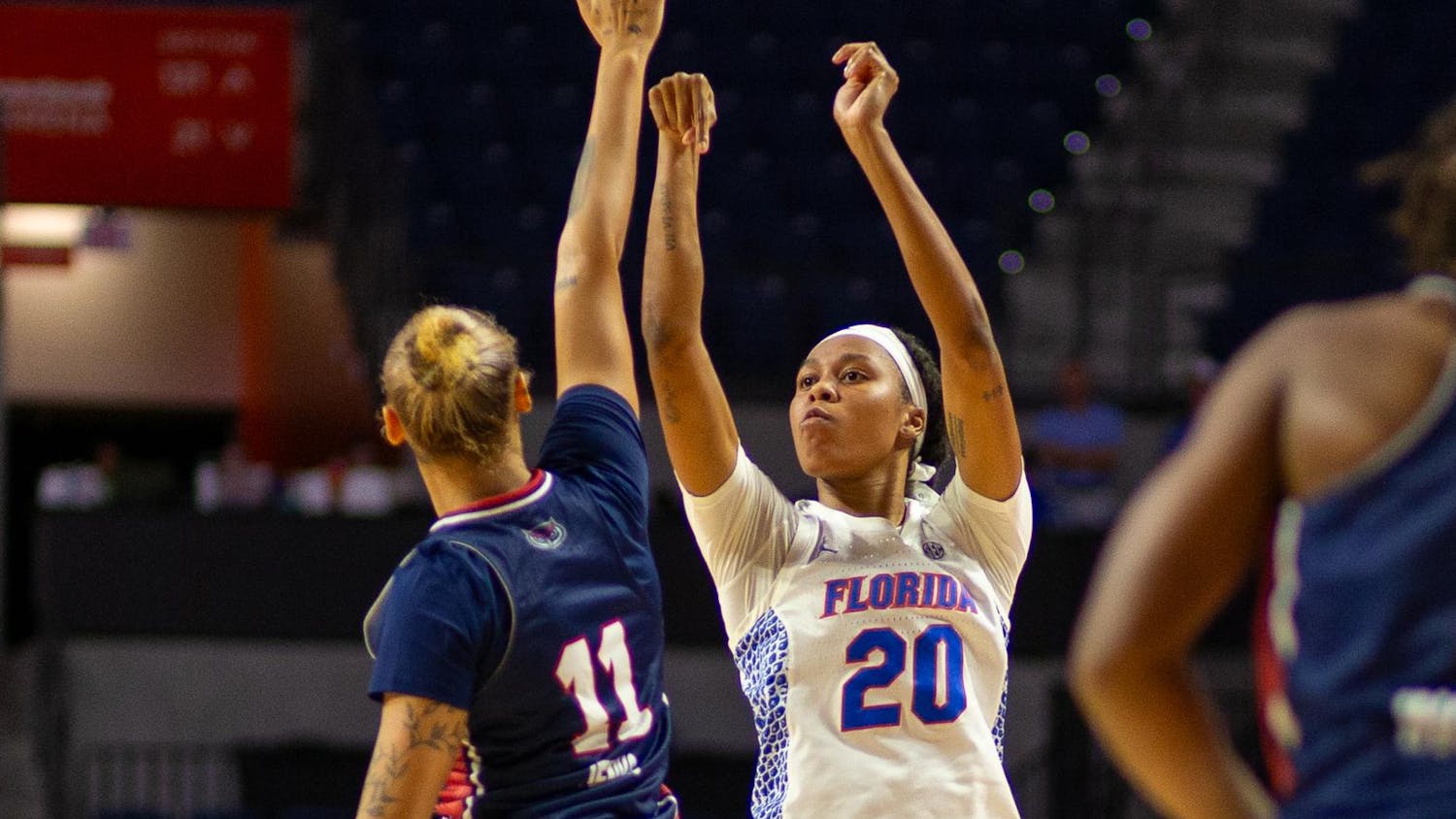Some scholars say Abraham Lincoln’s image kept the nation together during difficult times.
That image will be immortalized in an exhibit at the Smithsonian National Portrait Gallery in a few years, but UF students will get a chance to see some of his powerful photographs early.
Frank Goodyear, associate curator of photographs at the Smithsonian National Portrait Gallery, will discuss a collection titled “The Making of the President: Abraham Lincoln in Historic Photographs” at 6 p.m. Oct. 25 at the Samuel P. Harn Museum of Art.
Goodyear said that with the looming presidential election and the 150th anniversary of the American Civil War, this is a prime time to discuss who Abraham Lincoln was and the importance of photography in his fight to keep the Union together.
“It’s really Abe Lincoln — who is famous for so many other things — who was the first American president to understand the power of photography to communicate with the public,” Goodyear said.
Lincoln was the most photographed president of the 19th Century with more than 130 photos of him taken during his lifetime, he said. The National Portrait Gallery’s collection will feature about one-third of these photographs, including some taken abroad.
Goodyear said this collection is largely drawn from preliminary research into Alexander Gardner, who took most of Lincoln’s known photographs.
With Gardner’s help, Lincoln was the first president to use photography for political purposes.
And, he said, it’s important to teach people about this aspect of history.
“This is the nation’s collection,” Goodyear said. “I think we have an obligation as curators to share those collections — to share what we all own.”
Glenn Willumson, a UF School of Art + Art History professor, said Goodyear was invited to speak as part of a series sponsored by the Harn Eminent Scholar Endowment.
The series is tied together by the speakers’ research in art, he said, and featured two lecturers so far.
He said Goodyear was selected based on his research and expertise in his field. The topic of the lecture will be presented in a way that students and scholars can understand.
Goodyear’s lecture will likely feature the Civil War as a topic, as well as Lincoln’s use of photography as a political tool.
Though Goodyear’s lecture may not be for everyone, Willumson said, he believes UF students are generally curious. Students interested in anything from media and politics to art have something to gain from this event.
He said he hopes the students who attend will see the full collection at the National Portrait Gallery five or six years from now and reflect on Goodyear’s lecture.
Willumson said he did not know any considerations on the Harn’s part to potentially bring the photo collection to Gainesville when it is complete. However, Goodyear said the Smithsonian would likely be open to the possibility.
Rebecca Nagy, the director of the Harn, was not available for comment.
Because the lecture is open not only to UF students, Willumson said, community members can also take this opportunity to learn about how photography helped Lincoln keep the U.S. together.
Based on the turnout from the first two speakers this year, Willumson said he expects about 50 to 90 people to attend the free lecture.
He expects the presentation to last about one hour, he said. Goodyear will speak for about 45 minutes and take questions for the remaining time.
Willumson said there will also be a free reception for attendees at the Harn after Goodyear’s lecture.





